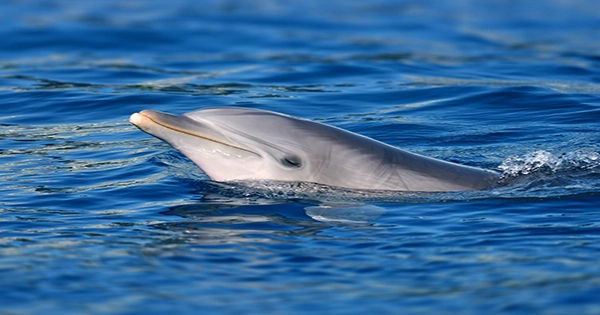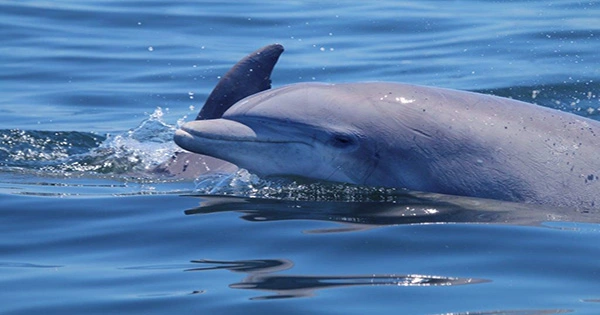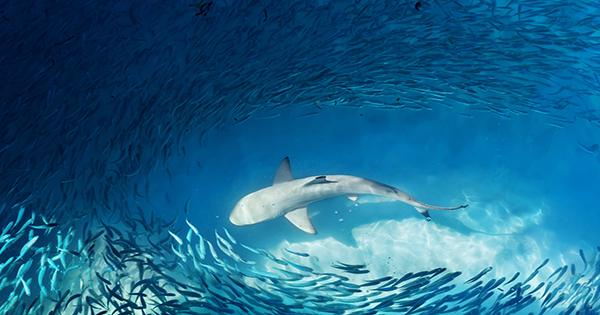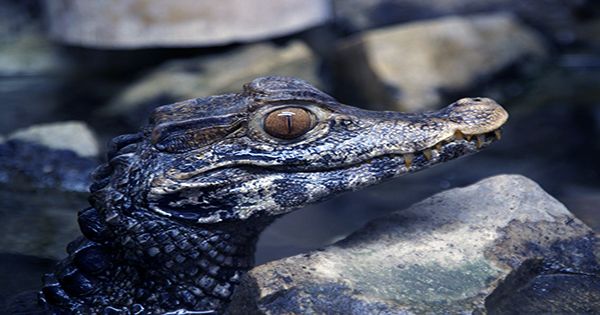On the Texas Gulf Coast last week, a dolphin that had been stranded on a beach died after a group of people forced it back into the water and began swimming with it. They are also suspected of attempting to ride the animal, which died before an animal rescue team arrived. Beachings of cetaceans are unfortunately prevalent, and increases in strandings are thought to be linked to human sonar interference. It can happen in large groups or as single animals, and it isn’t limited to cetaceans; in fact, an extremely uncommon Greenland shark stranding was recently discovered to be the first recorded case of meningitis in these creatures.
It’s unclear why this specific dolphin washed up on the beach, but a necropsy is expected to provide some insight. It was a difficult assignment for everybody concerned, especially since the animal may not have needed to die. “The dolphin in these photographs stranded alive on Quintana Beach, TX on Sunday evening and was apparently pushed back to see where beachgoers attempted to swim with and ride the sick animal,” according to the Texas Marine Mammal Stranding Network on Facebook.

“She eventually became stuck and was tormented by a gathering of people on the beach, where she died before rescuers arrived.” This form of harassment puts wild dolphins under unnecessary stress, puts humans who contact with them in danger, and is unlawful – punishable by fines and jail time if convicted.” In a Facebook post, Quintana Beach County Park called the dolphin’s death a “tragedy,” and explained how staff tried to keep the public away from the dolphin until rescuers from Galveston arrived. They explained, “Unfortunately, it was a retrieval, not a rescue.”
While it may seem rational to drive a stranded animal back out to sea, the Texas Marine Mammal Stranding Network advises against it if they come across a stranded dolphin or whale. And, of course, you should never attempt to ride any wild animal, whether it is stranded or at sea.
The best course of action is to keep your distance and call your local marine animal rescue organization for advice on what to do next while you wait for a rescue crew to arrive. Harassing sea creatures is not only inhumane, but also illegal. Anyone found guilty of harassing, hunting, killing, or feeding wild dolphins in the United States might face a fine of up to $100,000 and potentially prison time under the Marine Mammal Protection Act.
















